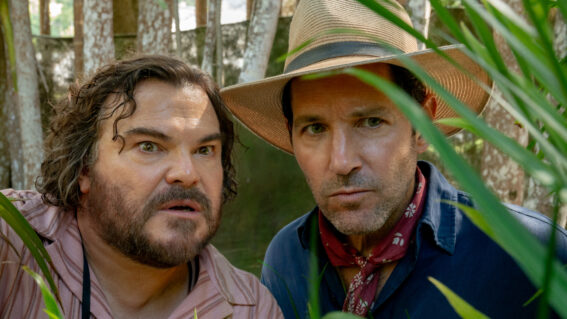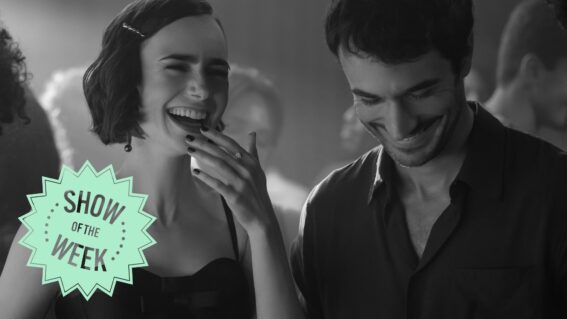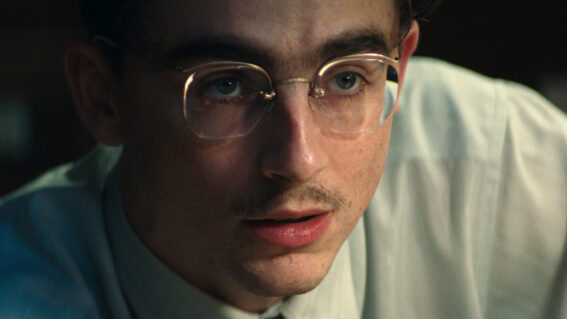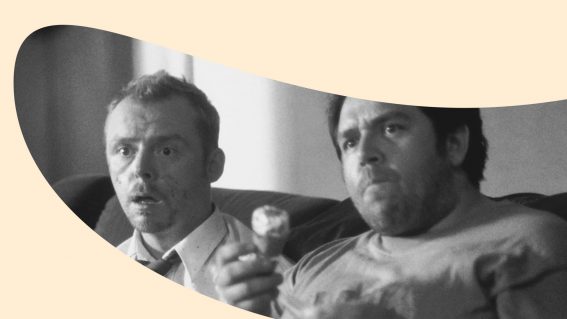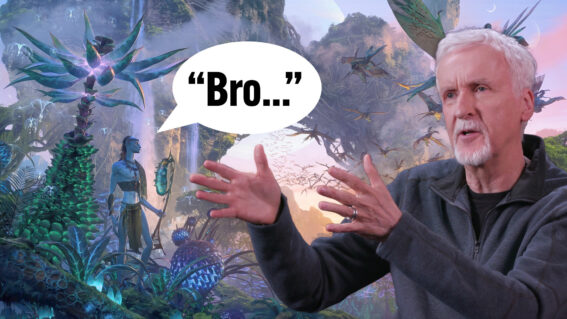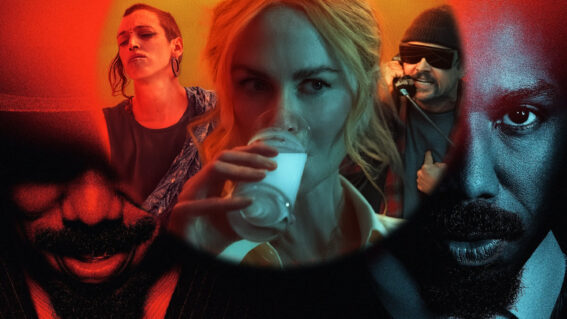Palme d’Or-winner Bong Joon-ho speaks with us about Parasite
The film opens in NZ cinemas 27th June.
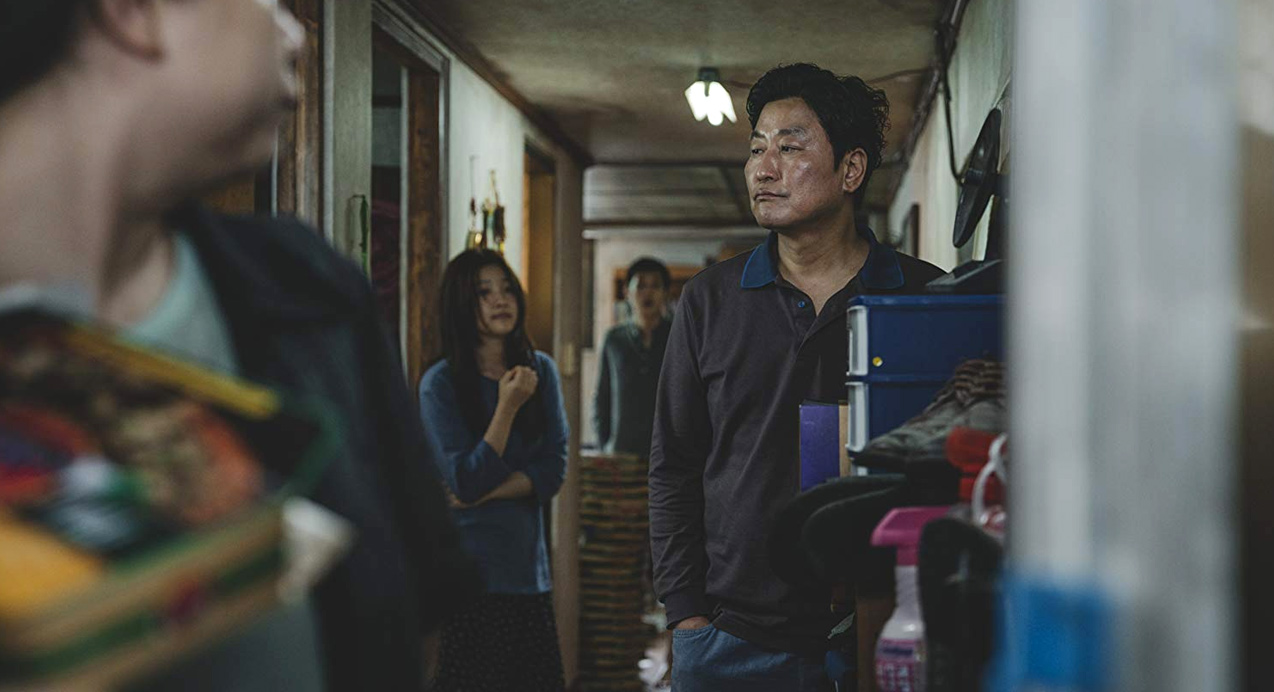
A poor family’s and a rich family’s lives unexpectedly intersect in Palme d’Or-winning tragicomedy Parasite, from South Korean auteur Bong Joon-ho (Okja).
With the film opening in New Zealand cinemas 27th June, Flicks editor Steve Newall spoke with Bong about the film’s themes surrounding inequality, how the issue hits audiences worldwide, and his experiences 24 hours after winning the Palme d’Or.
This interview has been edited for length and clarity.
FLICKS: When did you first become interested in telling the story of Parasite?
BONG JOON-HO: It was during the post-production of Snowpiercer. That movie, also, is about the life of the wealthy and the poor and class division. I think I wanted to make a film with the same theme, however with more of an everyday home-life type of film. In Korea, basically, that movie that feels like it could really happen in reality.
So setting out to not have the same sort of science fiction or action elements… did that make people look at the film differently?
Yeah, that’s right. Because it’s a different genre. So Snowpiercer was a sci-fi film, and this film is rather based on reality. But when you watch the film, you feel like, “Oh, is this black comedy? Is it a crime thriller?” and, “Is it a horror movie?”
You don’t feel like it’s 100% of any of those. But as the story continues to go on among those different genres, it’s almost like exploration. Exploring different genres throughout the film.
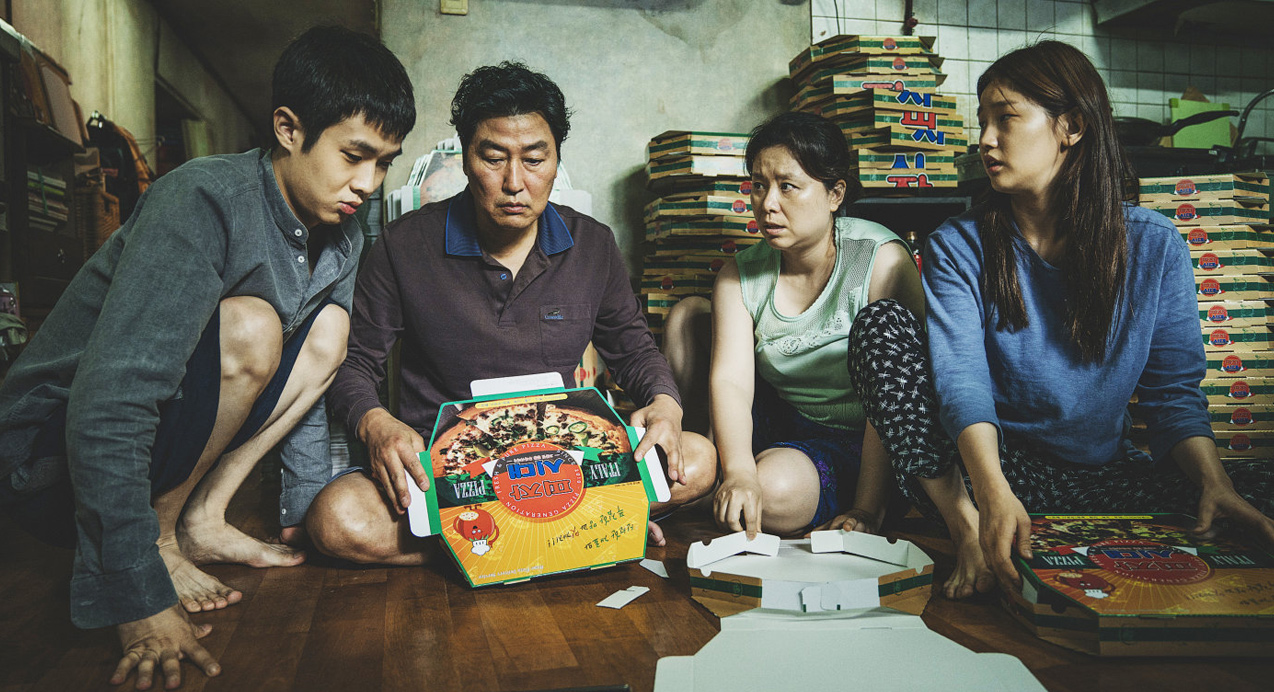
Underprivileged people or people in lower or working classes are frequently in your films. Why do you like to tell their stories?
The sort of story that continues to appear in my film is about people who bear burdens that are very unmanageable, and the people who are left in a situation who have to deal with all these different difficult tasks but without any help from the society or the system.
I believe that in that situation, it is very revealing and you can tell a very deep drama in that. And that’s why I believe that this becomes the start of a lot of my stories. That people with no power face difficult situations. A lot of my movies start from this point.
Do current levels of wealth and inequality make you interested in these themes, or are they more universal?
I believe it’s a universal issue. I don’t think that would be many exceptions, and in fact, when I was in Cannes, one of the responses was that this story would work in different countries. So some filmmakers came to me and said, “If we remade it without any story changes, it would work in my country as well.”
Winning the Palme d’Or at Cannes is, obviously, a huge honour. What happens in the first 24 hours after you win the award? I expect a lot of people suddenly get in touch with you, for instance.
The first day, obviously, there was a party. There was some alcohol and loads of emails and messages, and I felt like, “How do I know so many people?” But the following day, I worked and I came home. I continued to work. What I tried to do was to continue my everyday life.
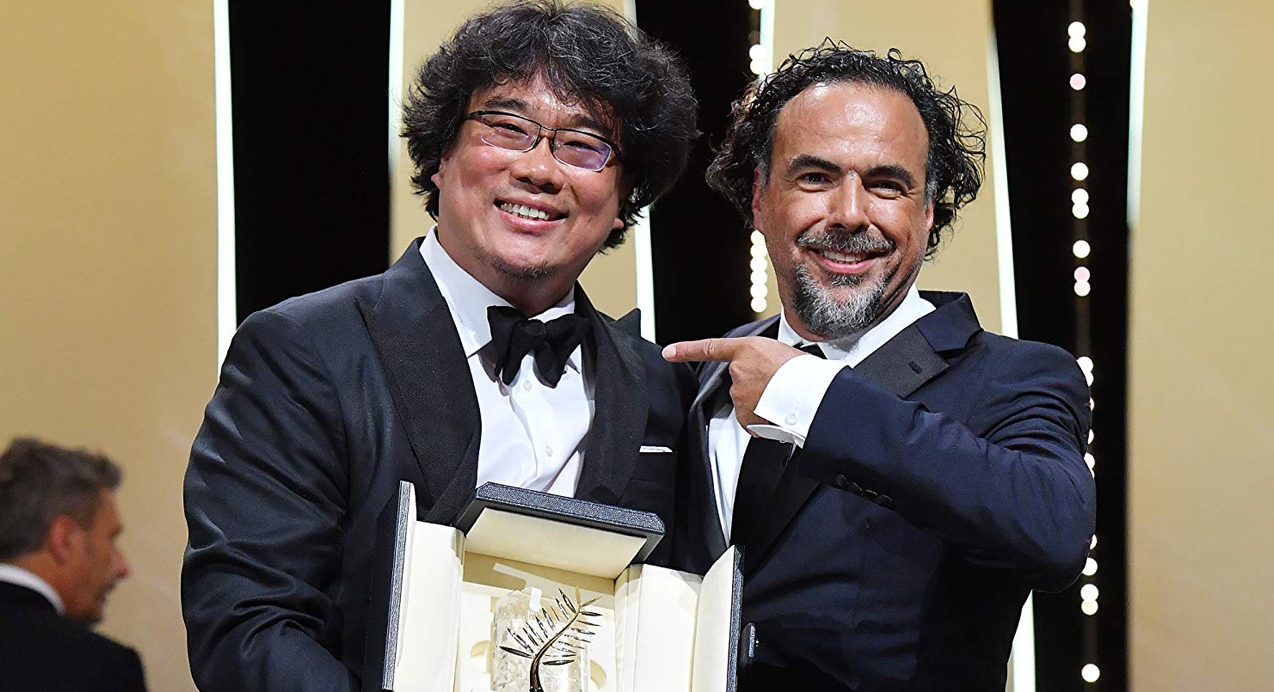
Both of the families have moments where they privately talk about one another with contempt and express some quite negative comments which are very revealing and honest. Can you tell me a little bit about those moments?
What’s interesting is, they’re actually quite rude comments, but it’s not directly at each other. It’s more of a peeping into someone’s private life. But the audience are the ones who are listening to that, and that creates a bit of an uncomfortable feeling for the audience. And the private conversation on the couch, the wealthy couple talking about the people who are taking subways—that they think they smell—the situation created by the poor family ending up hearing that, that’s sort of the beginning of the tragedy.
How do you feel about con artists, scammers, and human nature after spending time with these characters and bringing them to life?
Obviously, if you are a professional con artist—these people have to go to jail, basically. However, in this film, you can justify what the main characters do, quite strangely. Although the main characters do things that are not right, you sort of feel a bit of sympathy to why they would end up doing things like that. You feel the minimum of sympathy.







